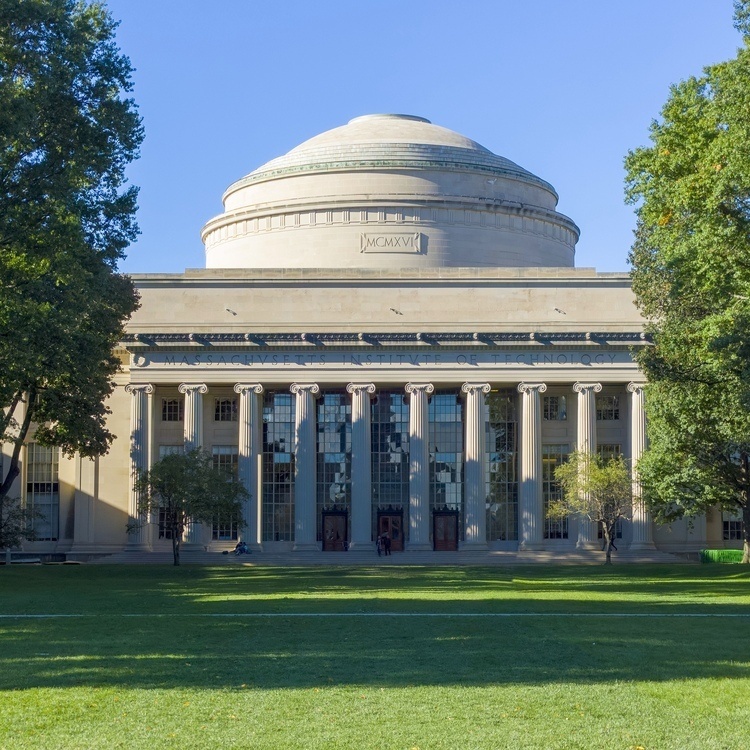
NeuroLunch: Leyla Akay (Tsai Lab) & Dalila Ordonez (Nedivi Lab)
Description
Speaker: Leyla Akay (Tsai Lab)
Title: Genome-wide CRISPR screening reveals regulators of lipid accumulation in oligodendrocytes.
Abstract: The APOE gene is the strongest genetic risk factor for late-onset Alzheimer’s disease, but it remains incompletely understood how variants in APOE modify risk of disease. We have previously found that the risk allele APOE4 led to intracellular retention of lipids in oligodendrocytes and decreased myelination. To identify regulators of this lipid accumulation phenotype, we perform a genome-wide CRISPR knockout screen in APOE4 induced pluripotent stem cell-derived oligodendrocytes. We validate our findings using genetic and pharmacological approaches in complex three-dimensional culture systems. Our results underscore the importance of lipid homeostasis in disease etiology and highlight potential new therapeutic avenues.
Speaker: Dalila Ordonez (Nedivi Lab)
Title: CPG15 is a functional modulator of synaptic plasticity.
Abstract: During developmental critical periods, patterned activity driven by experience refines neuronal circuits to form highly efficient networks. This experience-dependent plasticity is implemented by a set of activity-regulated genes that play crucial roles in adjusting the strength and number of synaptic connections. CPG15, the product of an activity-regulated gene, is a small glycosylphosphatidylinositol (GPI)-linked extracellular protein that has been implicated in synapse stabilization, axonal and dendritic arborization, as well as synaptic maturation. in vivo imaging of spine and synapse formation in CPG15 KO mice has revealed that while spine formation can occur normally in the absence of activity or CPG15, postsynaptic density protein 95 (PSD95) recruitment to nascent spines is deficient. Expression of CPG15 in the absence of activity is sufficient to restore normal PSD95 recruitment and spine stabilization, suggesting that PSD95 recruitment is the critical step in spine and synapse stabilization and implicating CPG15 as the molecular mediator of activity-dependent synapse selection. Yet, it remains unclear how extracellular CPG15 acts to stabilize intracellular postsynaptic structures. Using molecular and biochemical approaches, we identified CPG15 as a direct binding partner of AMPA receptor subunits. Structure-function analysis of the CPG15 binding domain on AMPARs suggests that CPG15 binds the S1-S2 extracellular domains of AMPARs. Live cell imaging of AMPARs in cortical cultures of CPG15 KO mice also suggest that CPG15 aids AMPAR stabilization and delays receptor turnover at postsynaptic density sites. We propose that in response to salient activity CPG15 binds AMPARs extracellularly at the postsynaptic membrane stabilizing them and thus promoting intracellular recruitment of PSD95 to nascent spines and synapse maturation.

